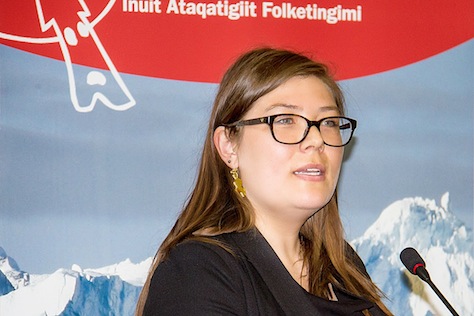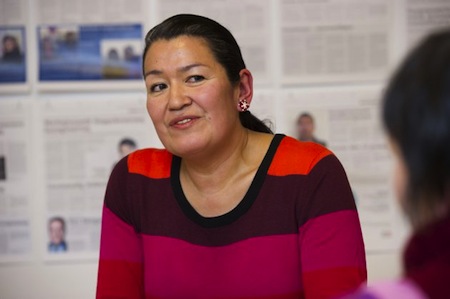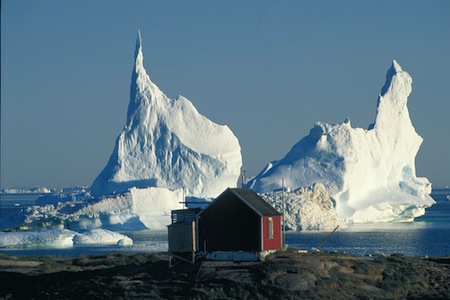
Germany was still divided into east and west, and Portugal, Spain, Austria and Sweden were all still outside the European Economic Community, the forerunner to today’s European Union.
But it marked the first — and, so far, the only — time that any territory voluntarily exited the European Union.
It was Greenland, then and today an autonomous country within the kingdom of Denmark. In the 1980s, Greenland was fresh off winning a new layer of home rule in 1979 from the Danes. Angry about the fact that its own local fisheries were forced to compete with more industrial fishing outfits from the European Union, Greenlanders voted to leave the European Economic Community, many of them noting that Greenland is closer, in geographic terms, to the North American continent than to Europe.
In the intervening years, of course, several rounds of treaties have refined the European Union’s structure, including the Treaty of Lisbon, which for the first time introduced in Article 50 a legal mechanism for a member-state’s exit from the European Union that establishes a two-year framework for negotiation from the moment of withdrawal notification to final exit.
Greenland, however, set the only real-world precedent that British voters and policymakers have if, indeed, the country decides to leave the European Union in the June 23 referendum.
Flush off the excitement from winning a modicum of self-government from Denmark nearly 3,500 miles away, the eurosceptic, left-wing and outright separatist Siumut (Forward) soon won the first local elections after the introduction of home rule. Among other things, Greenland’s prime minister Jonathan Motzfeldt scheduled a referendum for February 23, 1982, in which Greenlandic voters would be asked whether the country should continue to be a member of the European Economic Community after becoming a member, nearly by default, when Denmark acceded in 1973.
The referendum was close — out of 23,795 voters, 53.02% voted to leave and 46.98% voted to remain. Continue reading Long before Brexit came Greenlandexit — and a corresponding boost to Greenland’s economy



